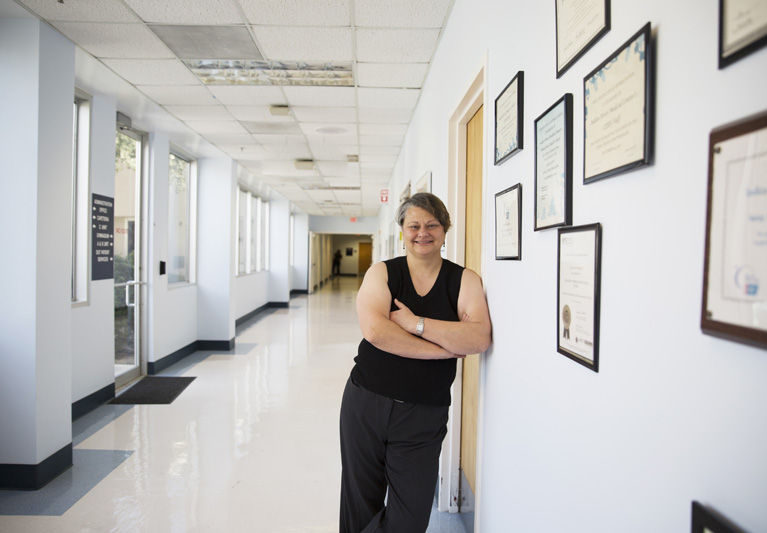
Antidepressants are among the world’s most commonly prescribed medications.
That, alone, is a sore point for Dr. Theresa Prescott, a child and adolescent psychiatrist with the Indian River Medical Center’s behavioral health operations here in Vero Beach.
A disturbing report published just last week in Scientific American, the oldest continuously published magazine in the United States, may have added more fuel to Prescott’s fire.
According to the magazine, important information about the safety of antidepressants administered to children may have been deliberately withheld and possibly even tampered with by pharmaceutical companies.
Since one in every 10 Americans over the age of 12 is currently prescribed some form of antidepressant, that’s a cause for serious concern.
Scientific American reports that a study by the British Medical Journal published in last month showed, “that pharmaceutical companies were not presenting the full extent of serious harm (including suicidal thoughts and aggressive behavior),” which, the Journal claims, “doubled in children and adolescents who used these medications.”
Moreover, the magazine says a study published in the Journal of Clinical Epidemiology demonstrated that almost one third of antidepressant drug study reports – including those submitted to the U.S. Food and Drug Administration – were written by pharmaceutical company employees rather than independent testing laboratories.
Prescott’s feelings about the widespread use of prescription drugs to treat psychiatric problems in children pre-date the Scientific American report by about two decades. Before coming to Vero Beach, she practiced in Philadelphia for 21 years
It is true that an ever-increasing awareness of childhood neurological conditions including ADHD (attention deficit hyperactive disorder), bipolar disorders, obsessive-compulsive behavior, dysmorphic disorders, autism, and a host of other problems, has psychiatrists, psychologists, pediatricians and primary care physicians searching for answers.
Prescott, however, is brutally blunt in saying she doesn’t think those answers will be found at the bottom of a prescription bottle.
“I’ll tell you,” says an exasperated Prescott, “my major thing is – and I scream and shout about this all the time – is over-medicating kids for primarily behavioral issues.”
Prescott continues: “There are horror stories that everybody is aware of: 8-year-old kids being put on 14 different medications. I call it the shotgun approach. You really don’t know what’s going on so, hey, keep adding more meds.”
Real answers to the problems of children and adolescents, according to Prescott, can usually be found closer to home. In fact, she says, the home itself is usually the best place to start.
“Psychiatrists who work with kids and adolescents need to look at the whole picture and not put them on 20 different medications. When really, what we need to do is to look . . . what’s going on in the family.”
The power of the prescription pad, however, is not limited to licensed psychiatrists. The Agency for Healthcare Research and Statistics points out that oftentimes pediatricians and other health care providers prescribe drugs “off-label” to children and adolescents.
Drugs prescribed off-label are those that are not approved by the FDA for a particular condition or age group, and it’s a far more common occurrence than might be imagined.
For example, pediatricians, says the AHRS, are almost two-and-a-half times more likely to prescribe drugs off-label than pediatric psychiatrists.
Prescott, who received her medical degree from Rowan University school of osteopathic medicine in New Jersey, is a far bigger booster of therapy than she is of pharmaceuticals.
“We can deal with the psychological through therapeutic interactions and through talk therapy,” explains Prescott. “Certain therapies have a training component in them to modify behaviors. They change brain chemistry.”
That, according to Prescott, is better – and longer lasting – than relying on a pill. Or 20 different powerful, potentially toxic pills.
In perhaps Prescott’s most radical-sounding statement, she looks down intently and pronounces, “I see a very small percentage (of patients)who have real, honest-to-goodness mental illnesses or diseases.”
She says the bulk of her cases “primarily have to do with family interactions.”
Dr. Theresa Prescott is with the IRMC psychiatric staff. She can be reached at 772-563-4666.



